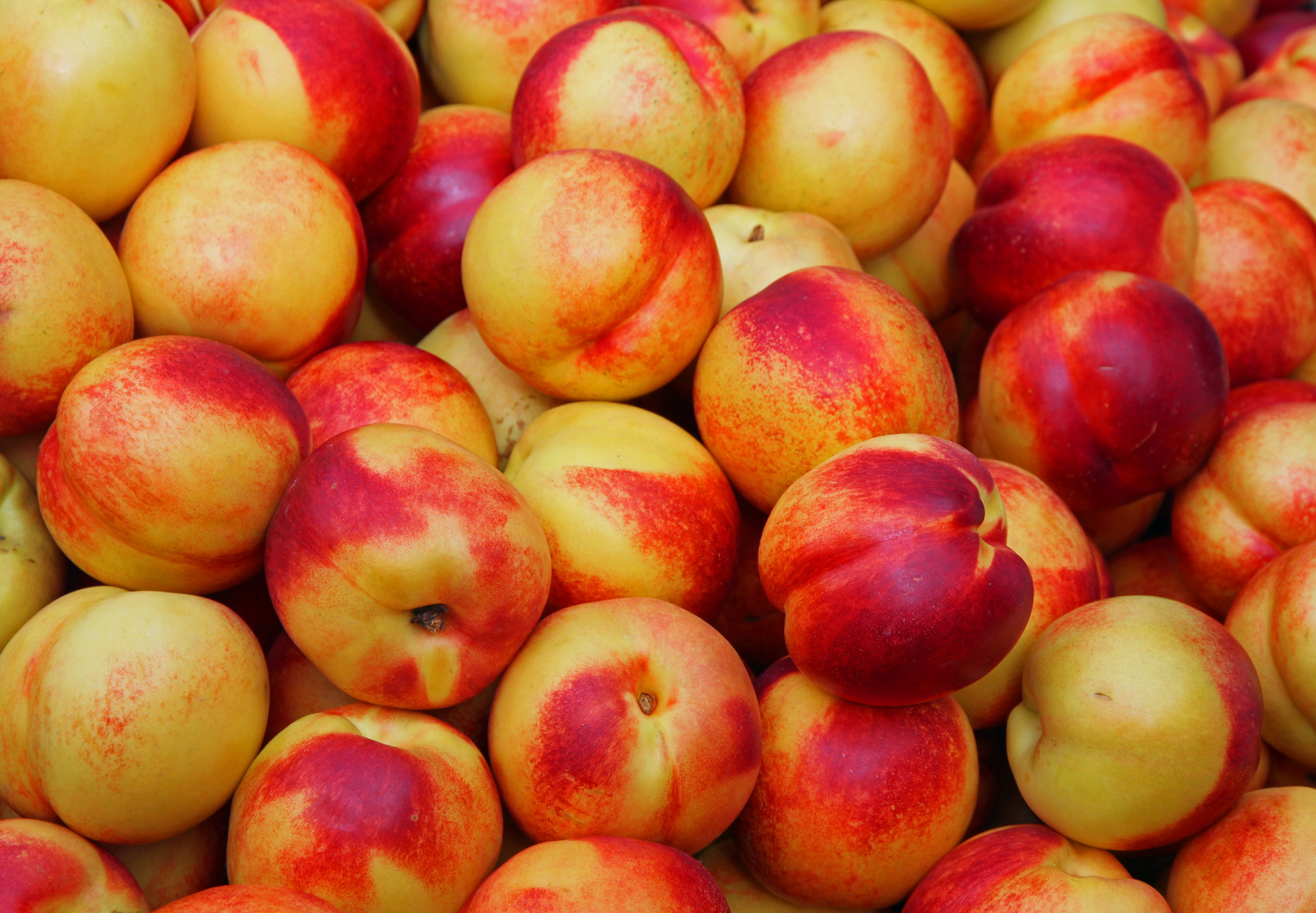Posts from the "Topics" category
AU: Tests results associate more people with recalled salads
FPSC: Cases of Salmonella anatum illness associated with salads recalled by Tripod Farmers on the 4th February have increased. While there are potentially more cases to emerge through ongoing testing during the follow up, it is expected that the rate of new cases that will be associated with this event has peaked and will start to decline. The use-by-date of any affected products has expired and the incubation time for symptoms to emerge is nearing the end. So far 10 cases have been confirmed with another 200 cases with probable association.
Read Article →Salmonella outbreak linked to pre-packed mixed salad update
The Victorian Department of Health and Human Services continues to investigate an outbreak of Salmonella Anatum infection associated with consumption of mixed salad ingredients from one supplier.
Other states are also investigating cases of Salmonella Anatum to see whether these cases are linked to the outbreak strain in Victoria, or coincidental to it.
Victorian health authorities are leading the investigation into the source of the Salmonellaoutbreak and coordinating testing on this issue.
Food Standards Australia New Zealand (FSANZ) is working closely with State, Territory and Federal authorities and coordinated the product recall.
Consumers can stay updated on the recall by visiting www.foodstandards.gov.au<http://www.foodstandards.gov.au>.
OzFoodNet, Australia’s enhanced foodborne disease surveillance network, is undertaking a multi-jurisdictional outbreak investigation, led by Victoria. Investigations are ongoing.
LATEST CASES OF SALMONELLA ANATUM NATIONALLY:
There have been 208 cases of Salmonella Anatum reported which match the outbreak case definition.
Nine confirmed and 144 probable cases were reported from Victoria with packaged salad being eaten by many of the interviewed cases.
Other states are also investigating cases of Salmonella anatum: Queensland
13 probable, Western Australia 5 probable; South Australia 21 probable; New South Wales 1 confirmed and 14 probable; ACT one probable.
Note: WA is not part of the national recall as no product was distributed in WA.
Read Article →Sydney Markets Professional Development Event: Fresh Produce Testing for Food Safety
1 March 2016
The Fresh Produce Safety Centre is running a professional development event to improve understanding and utilisation of fresh produce testing for food safety.
US: Research uncovers consumer values influencing food decisions
PR Newswire: Taste, price and convenience are no longer the sole deciding factors when people buy food and beverages, according to a new study, from Deloitte, Food Marketing Institute (FMI) and Grocery Manufacturers Association (GMA).
The study, “Capitalizing on the Shifting Consumer Food Value Equation,” found that roughly half of Americans surveyed (51 percent) weigh “evolving drivers” – health and wellness, safety, social impact, experience and transparency – in their purchasing decisions, in addition to the “traditional drivers” of taste, price and convenience. Moreover, this occurs regardless of demographic factors.
Read Article →US: Take those food-outbreak headlines with a grain of salt
Fortune.com: Is anything safe to eat these days? The regular flow of news on how pathogens in our food are making us sick—or, in the most extreme cases, even killing us—might make it seem like we’re taking a big risk every time we sit down for a meal or a snack.
But all those headlines—stay with me here—might actually be a good thing. Yes, it seems counter-intuitive. But in reality, we may not be facing more cases of food-borne illness but instead getting better at finding them and tracing them back to the source.
Read Article →AU: Media Statement in response to the salad recalled for Salmonella
The recall of pre-packaged salad brands has been thorough, swift and effective according to the Produce Marketing Association and the Fresh Produce Safety Centre (FPSC). Richard Bennett (FPSC Technology Manager) said while this isolated and unfortunate incident has occurred that consumers can be confident that ready-to-eat salads on retail shelves are safe and healthy.
Read Article →AU: Pre-packaged salad recalled for Salmonella
The fresh produce industry is working quickly to assist with a recall of pre-packaged salad brands associated with an outbreak of Salmonella illnesses.
Richard Bennett, Technology Manager from the Produce Marketing Association A-NZ and Fresh Produce Safety Centre (FPSC) said it’s now important that consumers heed the advice of health authorities and either discard the product or return it to the place of purchase. “If in doubt, throw it out†was the advice of Mr Bennett.
Read Article →NZ: 10 bucks for some banoffee pie? Facebook foodies warned to stop selling wares online
TVNZ: Kiwi Facebook users selling food on the social network site – and making hundreds of dollars tax free in the process – are being warned to stop before new regulations come into force this year. The Food Act will require anyone selling food as a business – whether registered or not – to meet food safety requirements.
Read Article →CA: How to improve brand protection and increase consumer trust
Global Food Safety Resource:Â What kinds of events can hurt or destroy food companies? A food safety or food fraud event that sickens or kills people, depending on where the event occurs, can deal a damaging or fatal blow to a food company. When it comes to protecting brands against food safety and food fraud, totally different approaches are required.
Read Article →US: Consumer definition of food safety expanded, study finds
Associations Now: Health and wellness, safety, social impact, experience, and transparency are all factors 51 percent of consumers weigh when determining which food items to purchase, according to a joint study from the Grocery Manufacturers Association (GMA), Food Marketing Institute (FMI), and consulting firm Deloitte. The study, “Capitalizing on the Shifting Consumer Food Value Equation,†found these new factors influence purchasing decisions in addition to traditional drivers like taste, price, and convenience.
Read Article →





